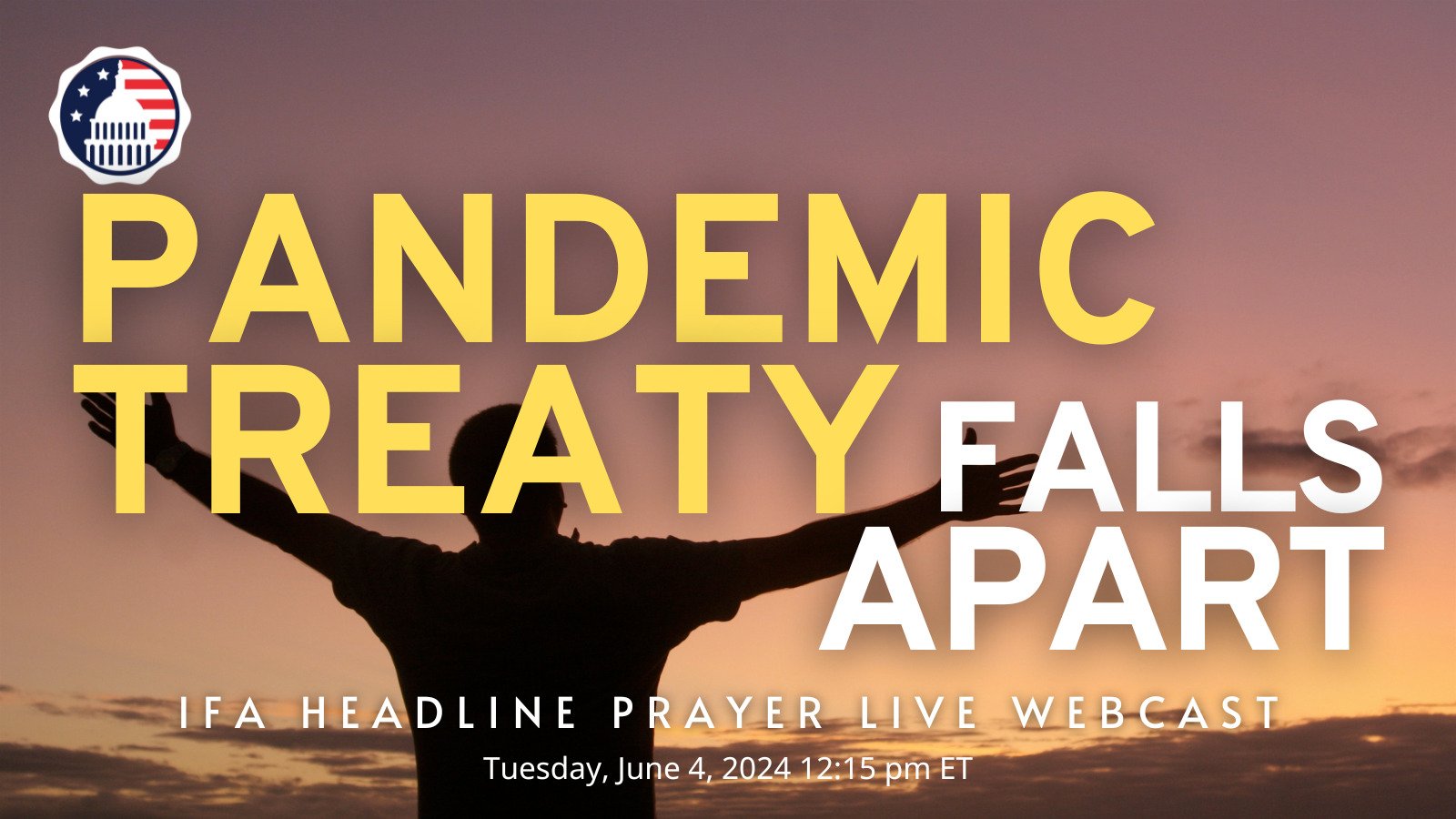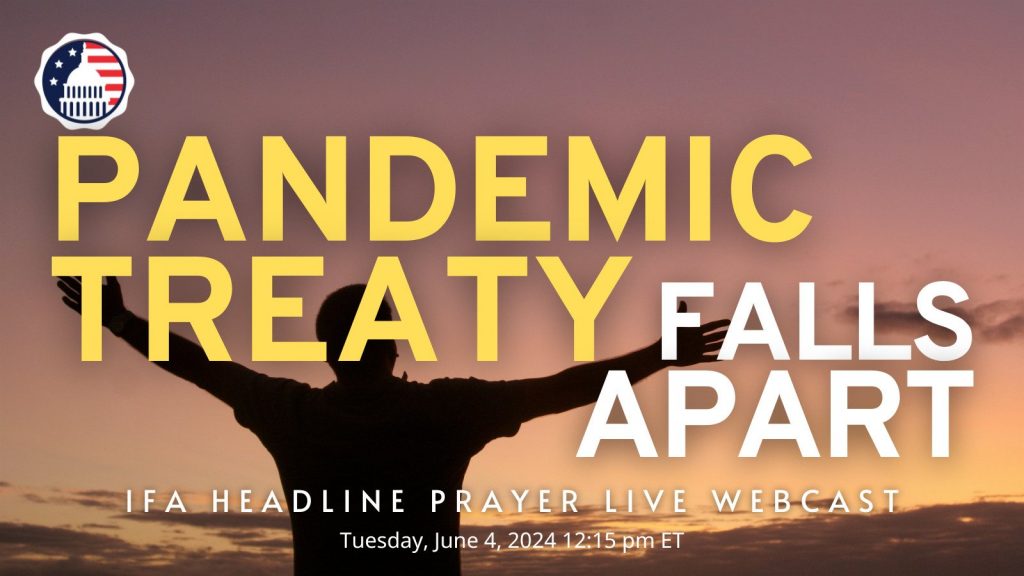 Reading Time: 6 minutes
Reading Time: 6 minutes
My years of believing in Santa Claus were pure enchantment. On Christmas Eve, I would open the window next to my bed, stuff my pillow between the sill and the screen, and stare into the frigid night sky, waiting for a glimpse of his sleigh. My assuredness was heart-thumping, and my certitude was immovable: Santa was coming.
Connect with others in your state in prayer.
I also remember the Christmas Eve I saw my parents through the slit in my door carrying stacks of presents down the stairs. My assuredness was heart-thumping, and my certitude was immovable: There was no Santa.
Who and what we believe in is monumentally central in forging our character, crystalizing our thoughts, and shaping our sense of identity and purpose. But how does one doubtlessly declare that their beliefs are empirically verifiable and universally true?
Jordan Peterson is often asked, “Do you believe in God?” A student of Carl Jung, Jordan will usually grimace and gaze upward, flail his fingers as if playing air piano, and embark upon a carefully crafted, meandering reflection that flummoxes listeners into thinking he’s avoiding the question. But he is not. He handles the question with the depth of seriousness it deserves. For Peterson, to tersely toss a one-word answer oversimplifies belief and God.
Despite the most rigorous personal wrestling with belief in God, it neither changes reality nor determines if He is Lord and Creator. No matter how certain that little boy’s belief in Santa is, it does not change reality.
Where Were You?
Like 9/11, the OJ verdict, or the Kennedy assassination, everyone remembers exactly where they were when they heard the news. I was doing yard work in my parent’s backyard when my mother poked her head through the screen door. “Trump was found guilty on all 34 counts.”
At that moment, I knew uncountable believers were cheering while countless others mourned. The celebrators believed a very dangerous, Hitleresque man was finally getting what he deserved. The mourners believed a corrupt cabal of sociopathic elites was punishing a political rival. The celebrators believed our democracy was saved. The mourners believed our republic had fallen.
How do we begin to illuminate for the watching world why the people who believe in God can be so deeply divided in their beliefs about the presidency?
It’s All About the Kingdom
The Kingdom of God is the everlasting realm that reigns over and beyond every other system on earth and in the heavens. The Kingdom of God is the yeast released from heaven to earth and is the power to transform, renew, and reconcile all things. The Kingdom of God contains everything necessary for an abundant life: Truth, peace, power, light, authority, creativity, healing, provision, and transformation.
If a kingdom is divided against itself, it will not be able to stand—Jesus in Mark 3:24
The Kingdom of God is not divided, yet much of the church and its leaders certainly are. Hence, the conundrum: How can brothers and sisters in Christ hold drastically differing beliefs on monumentally essential matters that impact hundreds of millions? Is Christ Himself divided or ambivalent on these topics? Are only half of us right? Are all of us wrong?
For we have not received the spirit of the world, but the Spirit who is from God. The one who is spiritual discerns all things … as we have the mind of Christ (1 Corinthians 2, excerpted from verses 12, 15, 16).
If the people of God have the mind of Christ, is the mind of Christ divided on the topic of the presidency? Further, is the presidency primarily about a man, or is it about a kingdom?
America is unique among nations, with governmental structures and founding principles intentionally drawn from the Bible. Therefore, we can simplify American politics to its base feature: It’s an outworking of two kingdoms. The Kingdom of God and the kingdom of Satan. The Kingdom of Light and the kingdom of dark. The Kingdom of Life and the kingdom of death. The Kingdom of good and the kingdom of evil.
To devolve American politics into a contest between leaders is to risk missing what transpires in the kingdom realms. It is deeply distressing when believers parrot the predictably tedious lists of insults and accusations the mainstream media releases like confetti from a cannon. Because politics is a Kingdom matter, we must grimace and gaze upward to craft a mindset to handle these intricately complicated topics more thoughtfully.
Like in the days of America’s founding, we need intellectually rigorous debate in the public square because it’s the Christians who have access to the mysteries and wisdom of heaven.
We speak about these things not with words taught to us by human wisdom, but with those taught by the Spirit (1 Corinthians 2:13).
Meditate on this passage from the apostle Paul and then turn on cable news. You may notice that we shouldn’t listen to them; they should listen to us.
A key consideration for the presidency of the United States is: Regardless of the personal beliefs of the one in office, do their policies buttress the Kingdom of God or oppose the Kingdom of God? Yes, the Kingdom of God is forever advancing, but can we discern the difference between what helps or hinders that movement?
A nationally recognized pastor recently said, “If I vote Democrat, I would have to violate seven ordinances of God simply based on the platform.” While many believers refuse to comprehend why their brothers and sisters in Christ would support Donald Trump, it simply requires us to turn off the news, play some notes on that air piano, and contemplatively ask the Spirit to teach us.
Those who love God must hate evil (Psalm 97:10).
We hate abortion. We hate the sterilization, castration, and mutilation of children. We hate unnecessary war. We hate an open border. We hate fiscal irresponsibility. We hate a corrupt justice system. We hate forced climate initiatives that decimate the poor. We hate what the mRNA vaccines have done. We hate how the US surrendered Afghanistan. We hate Islamists lauded while Christian’s demeaned.
We hate being called extremists, domestic terrorists, and white supremacists. We hate when race is used to divide people. We hate being subjugated by The WHO, The UN, and NATO. We hate rigged elections. We hate the coordinated collusion of media, big tech, and government. We hate the FBI, DOJ, and CIA being used to punish innocent Americans.
We hate the disregard of our Constitution. We hate the rewriting of our history. We hate being watched, scored, and regulated by ESG, DEI, and CRT. We hate the initiatives of the WEF. We hate the systemic decimation of the nuclear family. We hate globalism. We hate the resistance to and suppression of our Christian faith.
We love The Lord.
Placing aside the personality and defects of each candidate, we can weigh the fruits of the implemented policy. Conjecture and forecasting are unnecessary as we have a four-year history of one administration’s policies and three and one-half years of the other to analyze.
With the exception of his handling of the mRNA vaccines, Donald Trump’s policies oppose, in some measure, each evil system on this list. Conversely, Joe Biden has not only actively promoted policies to bolster each evil system on this list—he promises to accelerate them even more.
This list is real. It is happening right now. Dark, spiritual principalities energize the systems lurking behind each issue. And because of this list, millions and millions of individuals are being exploited, persecuted, denied liberty, and severely mistreated. Christians should engage with politics because people are suffering, beyond the chyron and behind the top fold.
Yuval Noah Harari, the false prophet and unholy scribe of the World Economic Forum, was recently asked what will happen if Donald Trump has a second term. He said, “That would destroy everything we have been trying to create here.”
The enemy of our enemy is our friend.
It is why nearly every prophet of the Old Testament was actively engaged in politics. They consistently called out corruption, rebuked evil kings, and warned people what could happen if God was not honored first in all things.
But we live in the far greater portion. We live on the other side of Resurrection, an event the prophets of old only hoped would be true. Nonetheless, while the reconciliation of all things unfolds throughout the universe, we are still responsible for cultivating the Kingdom and subduing the chaos here on earth. Part of that responsibility may include contemplating politics deeply and being willing to refine and defend our ideas until they are immovable.
A believer recently said to me, “When Jesus came to earth, he didn’t fight to remove Herod or the Roman Empire.” To which I responded, “Of course He didn’t. He does that next time.”
Until then, Christians are charged to stand up, speak out, and resist the works of darkness. At the end of the 18th chapter in the Book of Acts, Apollos did precisely that. He “rigorously refuted his Jewish opponents in public debate.” And it says he was a great help to those who believed.
How, Then, Shall We Pray?
May we never settle for division but pray for our brothers and sisters in Christ. May we prayerfully ask the Spirit to teach us all things so that we can make decisions that advance the Kingdom. May we always pray for our political leaders to repent however needed and perform their duties with the fear of the Lord. May we pray about our beliefs and ask the Lord to correct us when needed. May we pray that this nation reclaims her biblical foundations and advances once again in the ways of the Father’s Kingdom.
Keith Guinta blogs at www.winepatch.org. He is a husband and father, and he has been a worship leader and church planter. Photo by Brandon Bell/Getty Images.

